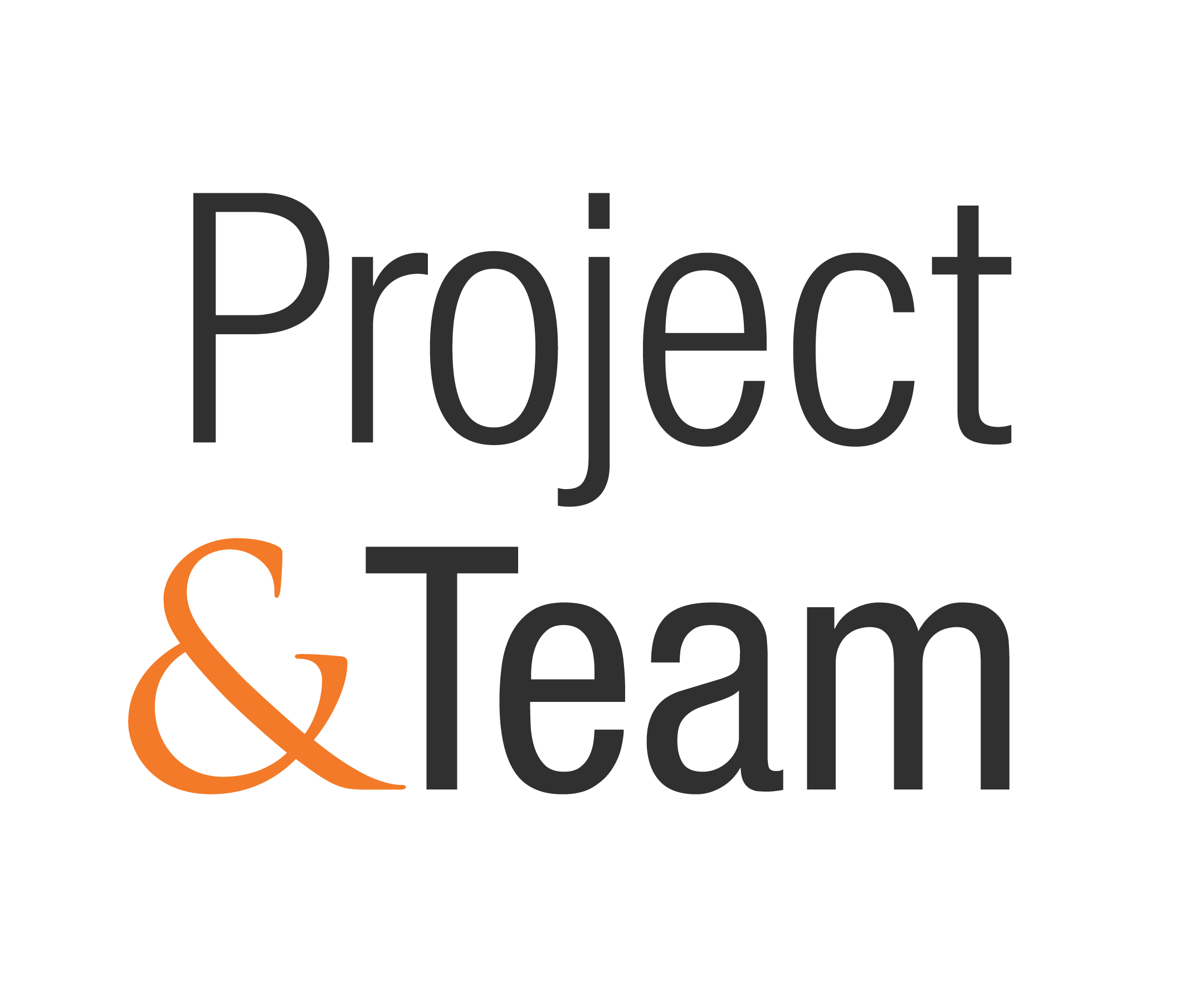SAFe® 5 for Architects (ARCH)
Type: Certification
Level: Intermediate
SAFe® 5 for Architects
A Certified SAFe® 5 Architect (ARCH) is an effective leader and change agent who delivers Agile Architecture to enable the creation of business value. Key areas of competency include applying SAFe principles to develop and maintain Agile Architecture and release on demand, leading and supporting Solution Trains and Agile Release Trains, extending the principles driving continuous flow to large systems-of-systems, and enabling improved flow of value.
Course Summary
Enable continuous value flow by aligning technical strategy with business goals, communicating that strategy to development teams, and applying Agile architecture practices. Attendees can improve collaboration and alignment in a SAFe Lean-Agile enterprise when they become a SAFe® 5 Architect. The SAFe® for Architects course prepares System, Solution, and Enterprise Architects to engage across the organization as effective leaders and change agents who collaboratively deliver architectural solutions. During this three-day course, attendees will explore the roles, responsibilities, and mindset of Agile Architects, and appreciate how to align architecture with business value and drive continuous flow to large systems of systems while supporting SAFe program execution.
What you’ll learn
To perform the role of a SAFe Architect, you should be able to:
Architect using SAFe principles
Align architecture with business value
Develop and communicate architecture vision and intent
Plan architectural runway to enable delivery success
Architect for continuous delivery and Release on Demand
Lead and coach architects and team members during Program Increment (PI) Planning and execution
Provide leadership during a Lean-Agile transformation
What Attendees Get
Class registration includes:
Attendee workbook
Preparation and eligibility to take the SAFe® 5 Architect (ARCH) exam
One-year membership to the SAFe Community Platform
Course certificate of completion
Attendees must attend both days of the course in order to be eligible for the exam.
SAFe Certification Kit
Attendees who pass the certification exam will receive:
SAFe® ARCH certification exam certificate
A SAFe® ARCH certification digital badge to promote your accomplishment online
A one-year certified membership as a SAFe® ARCH, which includes access to the RTE Community of Practice
A SAFe® ARCH certification usage guide with ARCH certification marks
Access to a variety of learning resources to support certified professionals during their SAFe journey
Topics Covered
Exemplifying Lean-Agile architecture
Architecting for DevOps and Release on Demand
Aligning architecture with business value
Developing Solution Vision, Solution Intent, and Roadmaps
Preparing architecture for Program Increment (PI) Planning
Coordinating architecture throughout PI Planning
Supporting Continuous Delivery during PI execution
Supporting new Strategic Themes and Value Streams
Leading as an architect during a Lean-Agile transformation
Who Will Benefit?
System, Solution, and Enterprise architects
Architects in supporting technical disciplines
Experienced software developers
Technical managers making architectural decisions
Product leaders collaborating with architects
Prerequisites
Those who attend this course should be familiar with Agile principles and practices and must have attended at least one SAFe course prior to attending this one.
SAFe® for Architects helps architects of all levels and disciplines support and enable continuous value flow in the Lean Enterprise. Through this highly interactive, scenario-based learning experience, you’ll explore your role in SAFe, identify key partners, customers, and collaborators in the organization, practice making architectural decisions based on economic trade-offs, and experience guiding architectural concepts through the entire value stream using Lean-Agile techniques.

